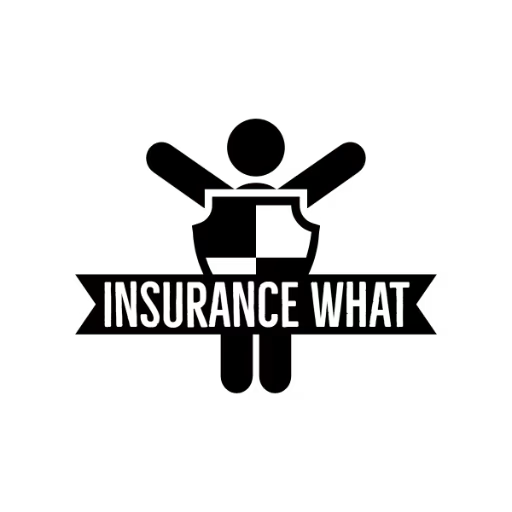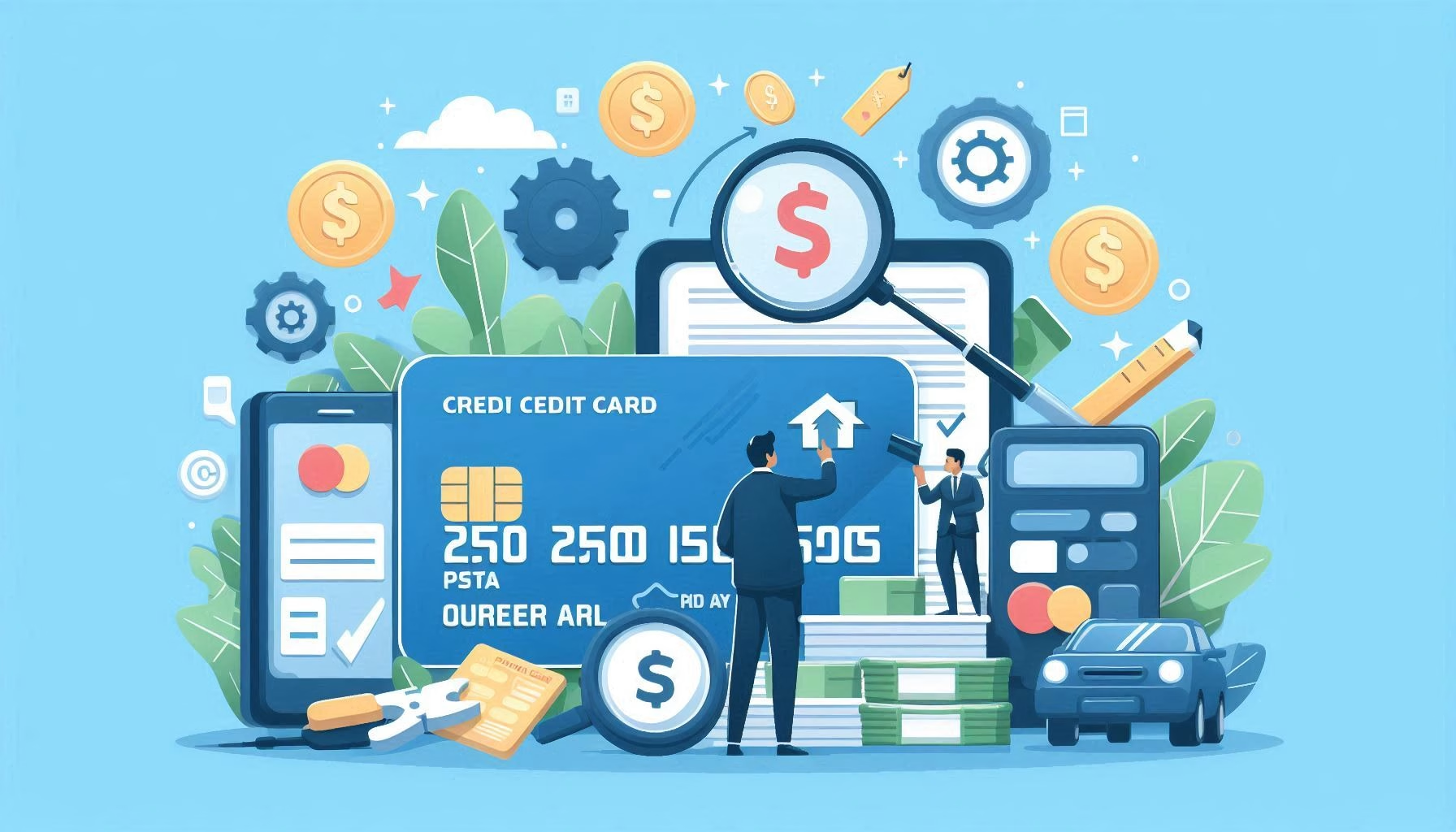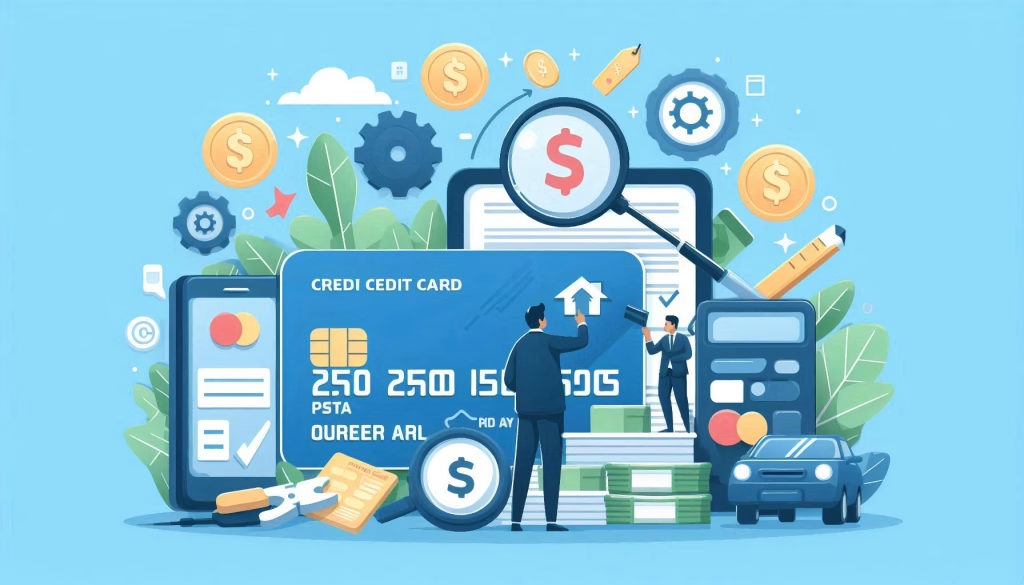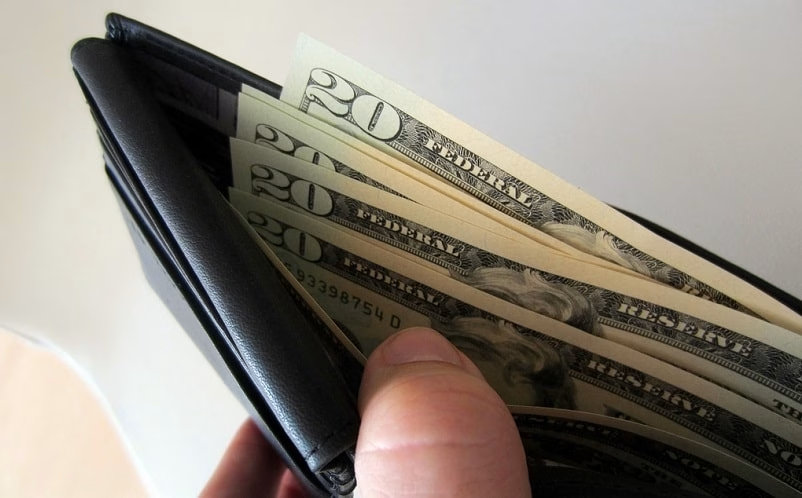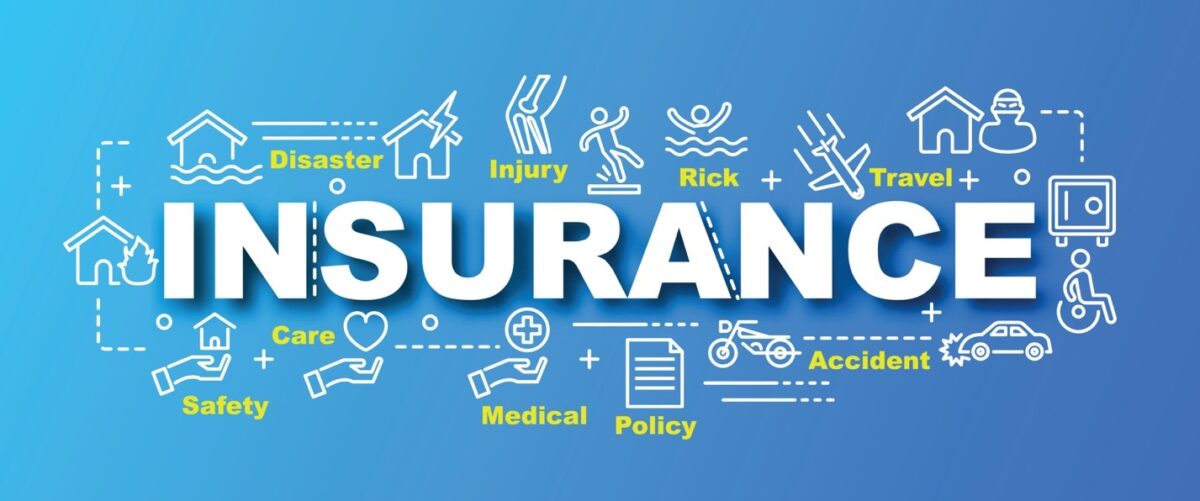Table of Contents
- Overview
- Causes of Credit Card Not Applicable
- Entering the Wrong Command
- Entering the CVV Code Incorrectly
- Over Limit Not Paid Off Last Month
- Credit Card Expiration
- Unpaid Annual Contributions
- UnUpdated Personal Data
- Suspicious Transactions
- Incorrect Use of Card Chips
- Existence of Withheld Funds
- Awaiting the Transfer of Funds
- Active Credit Card Protection
- Loans from Credit Cards
- The Conclusion
Overview
Credit cards are widely utilized by a diverse group, including adults, business professionals, employees, and even college students. They offer a convenient means of transaction—simply swipe, enter the PIN, and the purchase is complete. Additionally, credit cards frequently offer promotions such as discounts, cashback, and point rewards.
It’s unsurprising that many people are applying for credit cards to fulfill their needs. The excitement is akin to receiving a bountiful durian harvest when a credit card application is approved. However, the euphoria of ‘durian collapse’ doesn’t always translate to reality. Occasionally, one must face the bitter truth when a credit card is declined for transactions.
Panic is a natural reaction, particularly when a credit card unexpectedly encounters an error during a transaction. Rather than panicking, it’s more beneficial to understand the various reasons why your credit card may not be functioning. Consider the following explanations!
Causes of Credit Card Not Applicable
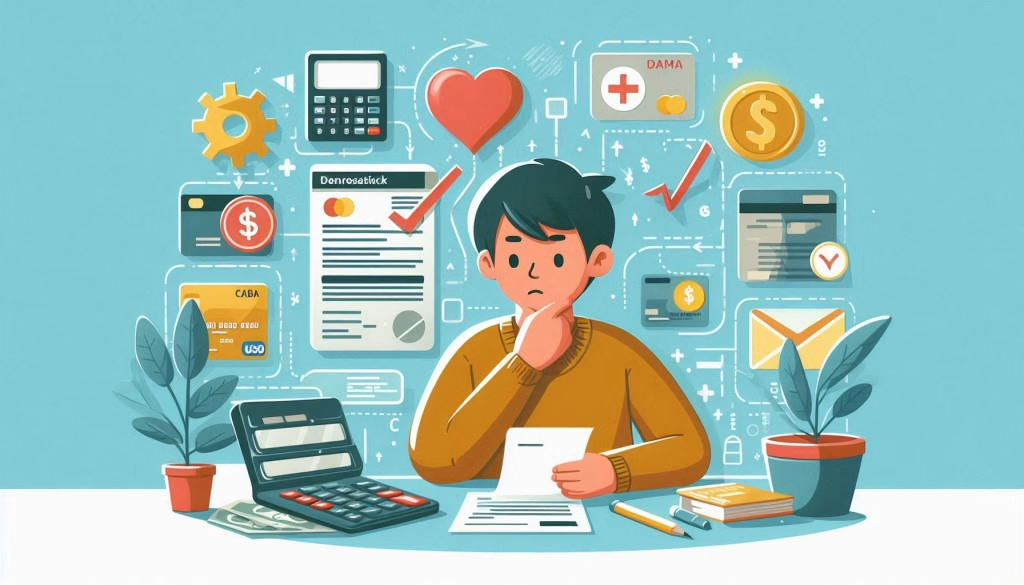
Causes of Credit Card Not Applicable No.1
InsuranceWhat.com
Entering the Wrong Command
It’s common to make mistakes in a rush, especially during transactions at a merchant. In the haste to complete the process quickly, you might enter your PIN into the EDC machine incorrectly. If the PIN is wrong, the transaction will be automatically declined, resulting in a failed payment.
This PIN code is highly sensitive and must be handled with care, particularly as it is integrated with the system. If an error occurs three times, the credit card will be blocked immediately.
Exercise caution when entering your PIN to avoid harm from mistakes. If the PIN seems too complex, it’s acceptable to record it, but remember to keep it confidential.
Causes of Credit Card Not Applicable No.2
InsuranceWhat.com
Entering the CVV Code Incorrectly
A PIN code is necessary for offline transactions at merchants accepting credit card payments, while a CVV code is required for online purchases. Typically, the CVV code must be provided together with the 16-digit credit card number on the front of the card to authorize the online transaction.
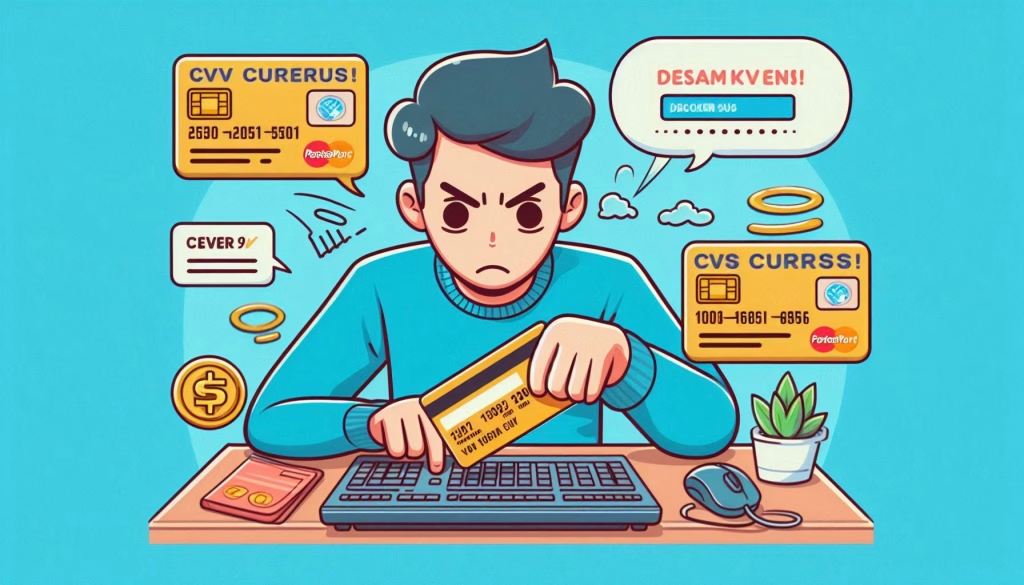
If you enter the CVV code incorrectly, the transaction will be automatically declined. You must also re-enter the 16-digit credit card number along with the CVV code until it is correct so that the transaction is accepted and the status of the online purchase changes to successful.
Causes of Credit Card Not Applicable No.3
InsuranceWhat.com
Over Limit Not Paid Off Last Month
If your transaction is still being declined, it might be due to an unpaid over-limit fee from the previous month. Consequently, the bank may have temporarily frozen your credit card until the over-limit amount is fully settled.
It is a natural measure for banks to avoid increasing losses by allowing transactions to continue. Rather than settling debts, one might find themselves further distracted by shopping.
Therefore, settle your credit card bill, including any fines or over-limit fees, by the due date. Doing so will reinstate your ability to use the credit card and take advantage of the benefits it provides.
Causes of Credit Card Not Applicable No.4
InsuranceWhat.com
Credit Card Expiration
Similar to debit cards, credit cards are valid for a specific period. Transactions attempted with an expired card will be automatically rejected. Consequently, one must use a valid credit card, make payments with a debit card, or use cash.
To prolong the validity of your credit card, you should reach out to the issuing bank to learn about their card replacement process.
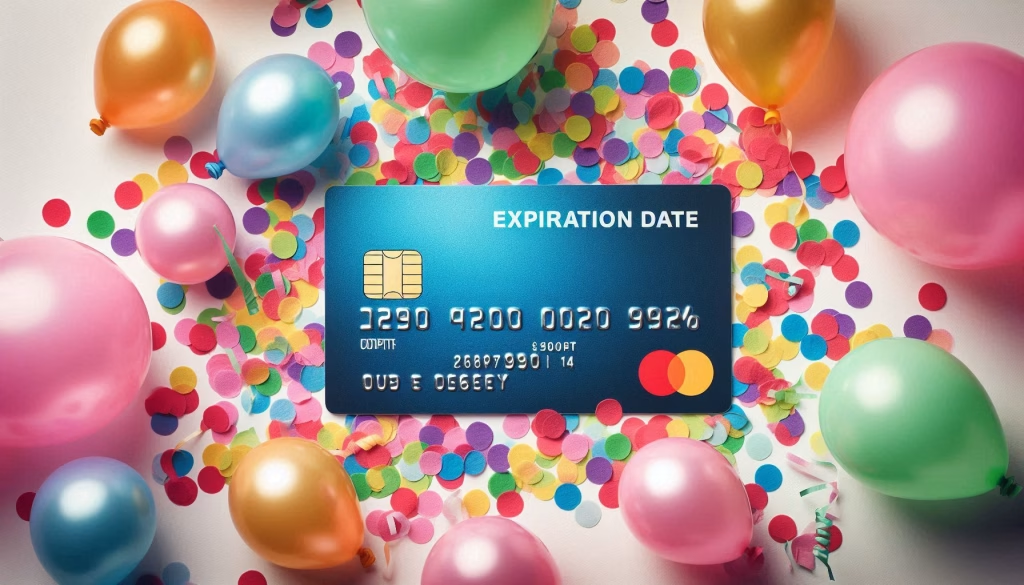
Before proceeding with any offline or online transactions, it’s wise to take a moment to verify your card’s expiration date. This ensures you don’t accidentally carry or use an expired credit card when you need to make a purchase.
Causes of Credit Card Not Applicable No.5
InsuranceWhat.com
Unpaid Annual Contributions
The annual fee is a charge that credit card users are required to pay. Failure to pay this fee can result in an accumulating debt, which may negatively impact your credit score.
Moreover, failing to pay annual fees can render credit cards unusable, particularly when the credit limit is insufficient to cover the annual fee charge.
The simplest solution is to opt for a credit card without annual fees. However, if you possess a credit card that charges an annual fee, you have the option to pay solely for the annual fee.
Causes of Credit Card Not Applicable No.6
InsuranceWhat.com
UnUpdated Personal Data
When applying for a credit card, the personal data provided initially must be updated periodically to confirm its accuracy. If certain details have become outdated, they should be refreshed to reflect the most current information.
For instance, a mobile phone number or home address may change for various reasons. Should such changes occur, it is crucial to promptly contact the call center of the respective bank to update the information.
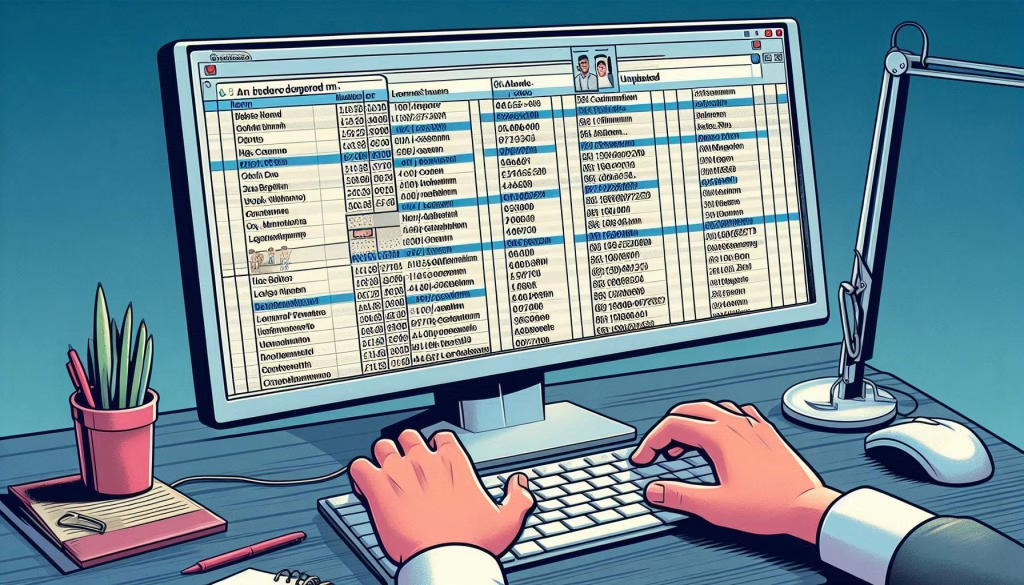
Once the information is successfully updated, the credit card should be able to be used for transactions as before. Therefore, the issue of transactions being rejected will not occur again in the future.
Causes of Credit Card Not Applicable No.7
InsuranceWhat.com
Suspicious Transactions
Credit cards are equipped with advanced systems that make it easier to detect suspicious activities. If someone intentionally swaps a legitimate credit card with a counterfeit one, any transaction attempted with the fraudulent card will be automatically declined.
Ensuring the authenticity of your credit card through regular checks is crucial. Additionally, it is particularly important to perform these checks if you have lent your card to someone else.
If the card is confirmed as counterfeit, contact the bank to block it, preventing the counterfeiter from using it. Then, request the bank to issue a new credit card to resume your transactions as before.
Causes of Credit Card Not Applicable No.8
InsuranceWhat.com
Incorrect Use of Card Chips
Chips are a physical feature of credit cards, serving to store data and enhance security. However, these chips are delicate and require careful handling to preserve their longevity. Improper usage or storage can compromise the chip’s integrity, rendering the credit card unusable.
Moreover, the incorrect handling of chips in EDC machines can render credit cards inoperative. For instance, if a credit card’s chip is unreadable due to swiping the magnetic stripe, the transaction will fail. Similarly, removing the chip before confirming the transaction on the EDC machine’s screen will result in an unsuccessful transaction.
If you encounter an issue with the chip, remain calm and attempt to use the credit card once more. Should it fail again, promptly reach out to the bank that issued the card and request a replacement.
Causes of Credit Card Not Applicable No.9
InsuranceWhat.com
Existence of Withheld Funds
Credit card transactions can fail due to withheld funds, often occurring with open bills at establishments like restaurants and hotels.
For instance, when you’re at a restaurant and request an open bill, typically, a machine will reserve a specific amount of funds as a deposit. When it’s time to settle the bill, the total amount due will be charged to your credit card.
Causes of Credit Card Not Applicable No.10
InsuranceWhat.com
Awaiting the Transfer of Funds
Indeed, transferring money from a credit card doesn’t necessarily mean you can send funds to friends. Rather, this type of transfer typically relates to paying off credit card debts or making due repayments.
There may be a delay in the bank’s transfer process. Hence, it is crucial to understand the timing of the bank’s fund transfers. This is pertinent to the functioning of credit cards, which require payments to be made to associated parties.
Causes of Credit Card Not Applicable No.11
InsuranceWhat.com
Active Credit Card Protection
It is advisable to inform your bank before traveling abroad. This serves as a precautionary measure, and typically, the bank will offer protection to prevent your credit card from being used in other countries.
Essentially, you can use your credit card in the country you’re visiting only for a specified period and if you notify your bank beforehand. Any transactions attempted outside of the visited country will be declined, ensuring protection against fraudulent activities.
Causes of Credit Card Not Applicable No.12
InsuranceWhat.com
Loans from Credit Cards
Occasionally, credit card issuers present loan features based on credit cards. Some require applications, while others are pre-approved. The loans offered through these credit cards utilize the available credit limit.
Actually, this doesn’t mean that you are prohibited from using the credit card. However, it is common for the issuing bank to advise against using the credit card if you wish to take advantage of the loan benefits.

This occurs because the loan will consume a percentage of the credit card limit. If the limit is reached during the loan process, there’s a riskRisk Risk is a loss that occurs to the insured individual or object. Various bad possibilities could happen to someone. of exceeding it or facing a situation where the loan cannot be issued due to an insufficient limit.
The Conclusion
Use Credit Cards Wisely
Credit cards are indeed a convenient transaction tool. However, their ease of use can sometimes lead to negligence, rendering the credit card unusable. Therefore, it is crucial to use credit cards wisely, which includes paying attention to important information, keeping credit card data confidential, and paying bills promptly.
Do you think you have other ideas about Solving Credit Card Problems: Understanding and Fixing the Causes? You can comment and share your thoughts below, or discuss more in the InsuranceWhat Forum. Also, read more articles about GLOBAL INSURANCE or other interesting insurance topic articles only at InsuranceWhat.com.
